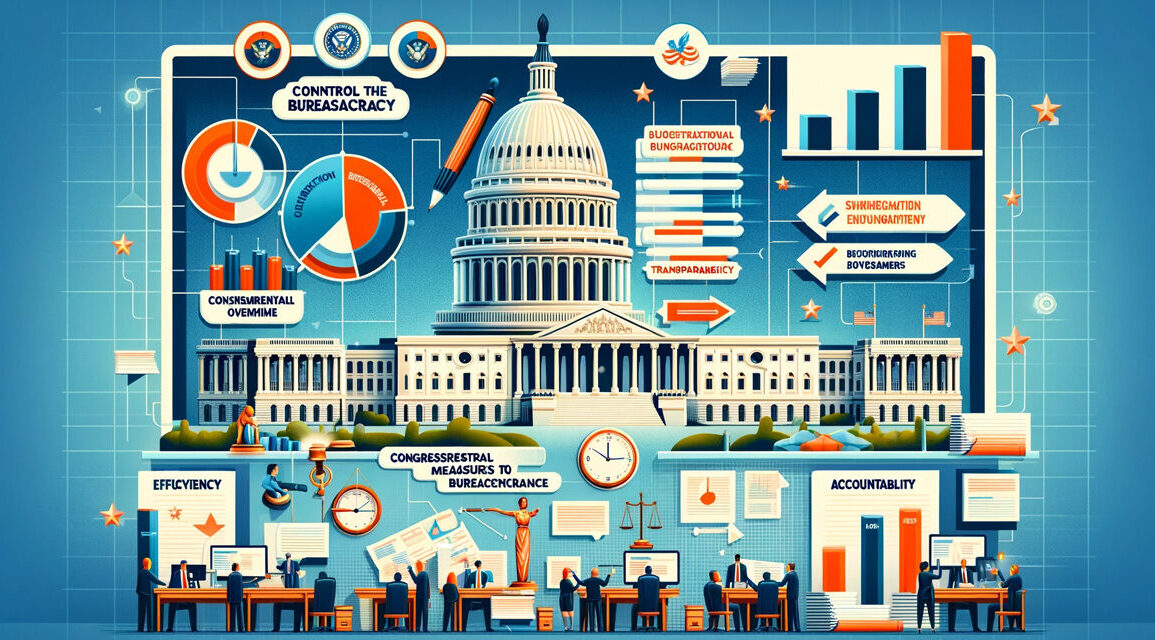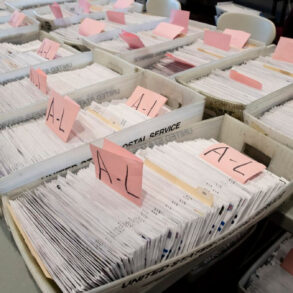The term “Deep State” often evokes images of a hidden, powerful bureaucracy undermining democratic processes. On one side, conservatives argue that this sprawling network of unelected officials and regulators poses a threat to individual freedoms, federalism, and the foundational principles of a republic governed from the bottom up. On the other, progressives dismiss concerns about the Deep State as mere conspiracy theories, asserting that a strong central government is essential for protecting rights and maintaining order.
So, which perspective holds water? Is the Deep State a figment of political imagination, or is it a genuine threat to democracy?
Historically, authoritarian regimes and tyrannies have thrived on consolidating power within a central government controlled by a small, often unaccountable elite. This stands in stark contrast to the ideals of a government “of the people, by the people, and for the people,” as envisioned by the Founding Fathers. They designed the U.S. Constitution and Bill of Rights to safeguard inalienable rights from government overreach, fearing most the rise of a powerful, central authority.
The Constitution places the ultimate power with the people, not with the government’s authority to grant or restrict rights arbitrarily. The Tenth Amendment further reinforces this by reserving powers not explicitly delegated to the federal government for the states and the people. Yet over time, the federal government has steadily accrued regulatory powers, often at the expense of personal freedoms and state sovereignty, shifting governance from a bottom-up model to a top-down hierarchy dominated by an elite ruling class.
Critics on the right argue that today’s federal bureaucracy is no longer a neutral body of civil servants carrying out the will of the people. Instead, it has evolved into a powerful, self-sustaining entity—an unelected “fourth branch of government”—with increasing influence over policy without accountability to voters. As Senator Joni Ernst (R-IA) put it, bureaucrats stay indefinitely, wielding power long after elected officials who are accountable to the public come and go.
This issue isn’t new; it has been a cornerstone of the conservative versus progressive debate for decades. The so-called Deep State has been described as a nexus of bureaucrats, progressive politicians who seek to expand federal authority, and a network of professionals—lawyers, lobbyists, consultants—who benefit from this concentration of power. This establishment often operates beyond the reach of traditional checks and balances, undermining the constitutional separation of powers among the Executive, Legislative, and Judicial branches.
For conservatives, the growth of this entrenched bureaucracy represents an encroachment on personal freedoms and a dangerous drift toward authoritarianism. They argue that the more power is centralized in Washington, the less influence the average citizen has on government policy, leading to a scenario where people are ruled by faceless bureaucrats rather than engaging in self-governance. This concentration of power is precisely what the Founders sought to prevent.
From the progressive viewpoint, a robust federal government ensures equality and safeguards rights. They view the federal bureaucracy as a necessary apparatus that executes laws impartially and serves the public good. However, conservatives counter that this idealistic portrayal is far removed from today’s reality, where the bureaucracy often acts independently, expanding its regulatory reach without direct input from the electorate.
The debate over the Deep State reflects broader ideological divides: conservatives fear creeping authoritarianism in the form of an overreaching central government, while progressives see it as a vehicle for social progress and protection of rights. Historical examples from fascist, communist, and socialist regimes underscore the conservative argument that when power is centralized, the freedom and influence of the people diminish, often leading to catastrophic failures in governance, as seen in Russia, Cuba, and Venezuela.
Decades ago, as China began moving away from strict communism, a Chinese official reportedly asked, “Why is America moving toward the centralization of power we are trying to escape?” This question still resonates, particularly for those who view an expanding federal bureaucracy as a threat to the republic.
Ultimately, whether labeled as the Deep State, the administrative state, or simply the bureaucracy, the concern remains the same: the erosion of the people’s ability to self-govern. As Benjamin Franklin famously warned, “It is a Republic, if you can keep it.” The ongoing challenge is ensuring that government remains accountable to the people it serves, rather than becoming an unchecked power unto itself.








